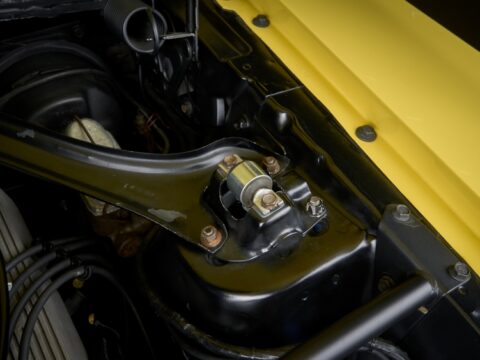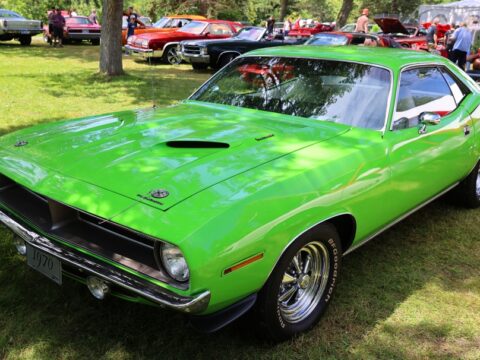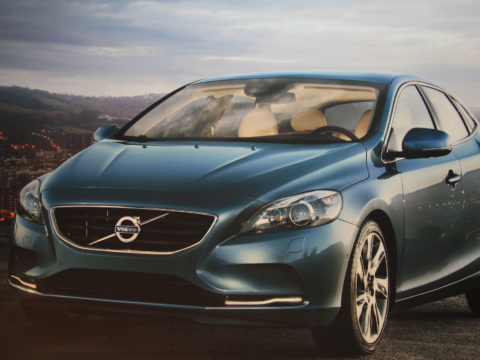The climate crisis is one of the most urgent challenges of our time, prompting many industries to overhaul their practices and reduce their carbon footprints. Yet, despite increasing public concern and a global push towards cleaner, more sustainable alternatives, gas-guzzling vehicles – notorious for their high fuel consumption and carbon emissions – continue to roll off production lines and dominate roadways.
From consumer demand to regulatory loopholes, infrastructure challenges, and cultural factors, this article unpacks the multifaceted reasons that contribute to the ongoing presence of gas guzzlers on our roads, even as the world grapples with the escalating impacts of climate change.
Contents
Consumer Demand
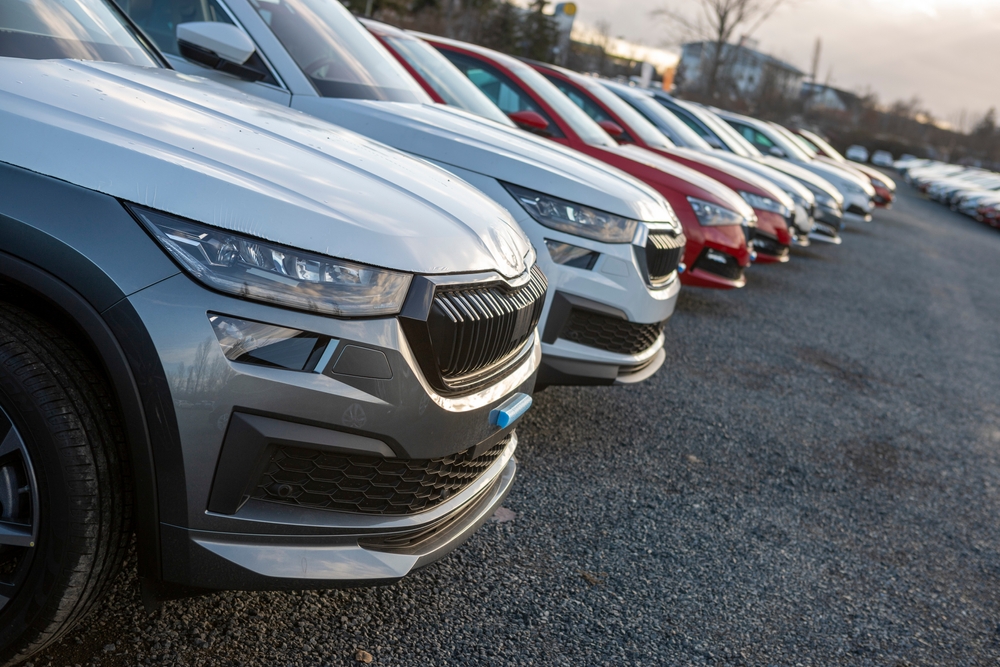
Consumer demand is one of the primary reasons automakers continue to produce gas-guzzling vehicles like trucks and SUVs. In 2019, SUVs accounted for 47.4% of global car sales, an increase from just 22.4% in 2010. High demand typically translates into higher profit margins for these vehicles, making it economically beneficial for automakers to continue production.
Regulatory Loopholes

Many countries have regulations that are meant to curtail the production of gas-guzzling vehicles. However, these rules often have loopholes or aren’t stringent enough to make a substantial impact. For example, in the United States, the Corporate Average Fuel Economy (CAFE) standards give certain exemptions to trucks and larger vehicles, allowing them to lower fuel efficiency.
Development and R&D Costs
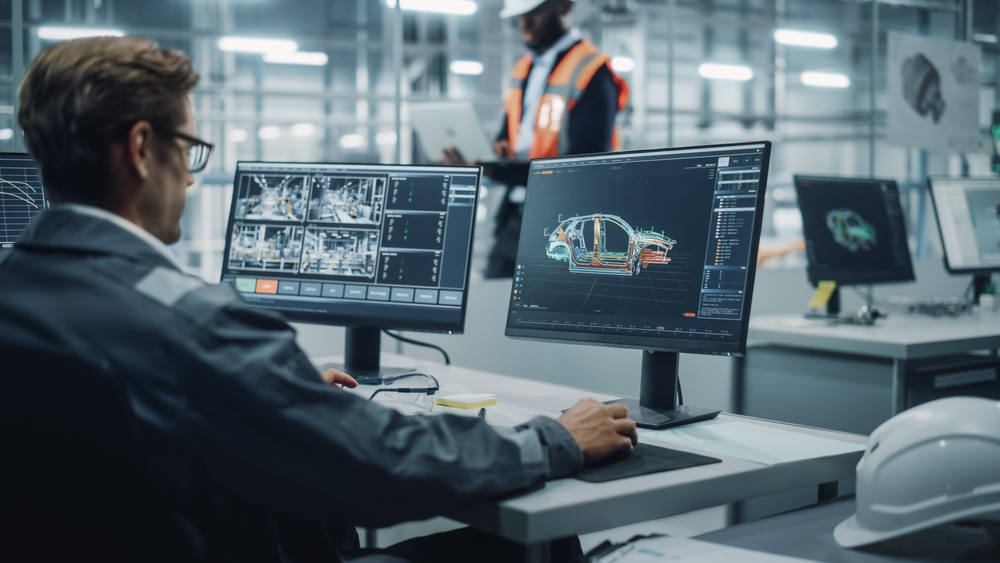
Switching to electric or more fuel-efficient technologies involves significant investment in research and development. Developing a new car model can cost up to $1 billion, and many companies are hesitant to make such a considerable investment without the assurance of market demand.
Global Market Dynamics

While there is a push for electric vehicles (EVs) in markets like Europe and North America, demand for gas-guzzling vehicles remains strong in developing countries. Automakers are global enterprises, and they often balance production to meet diverse market demands, including the continued demand for less fuel-efficient vehicles in certain markets.
Towing and Payload Capacity

Many consumers rely on trucks and larger SUVs for superior towing and payload capacities. Until electric or more fuel-efficient alternatives can match these capabilities, a segment of the market will demand these gas-guzzlers.
Range Anxiety
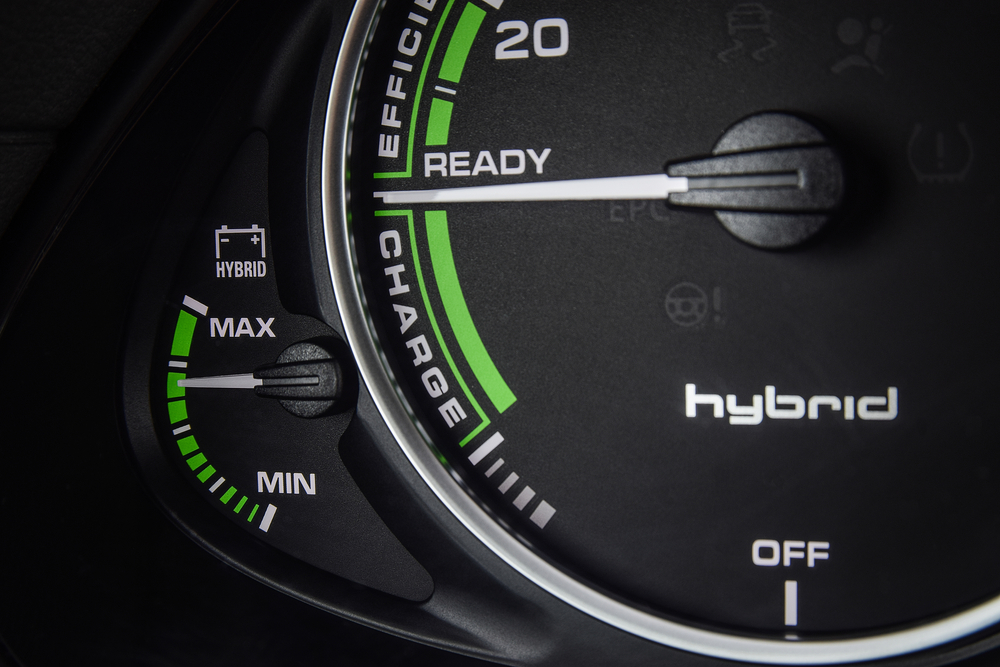
Although improving, the driving range of electric vehicles on a single charge often doesn’t match the range of gasoline vehicles. This is a barrier for consumers who require long-range capabilities and contributes to the continued demand for conventional fuel vehicles.
Infrastructure Challenges

Charging infrastructure is not as widespread or fast as traditional gas stations. This provides another reason why consumers, particularly in more rural areas, may opt for gasoline-powered vehicles, thus keeping demand alive for these models.
Second-Hand Market
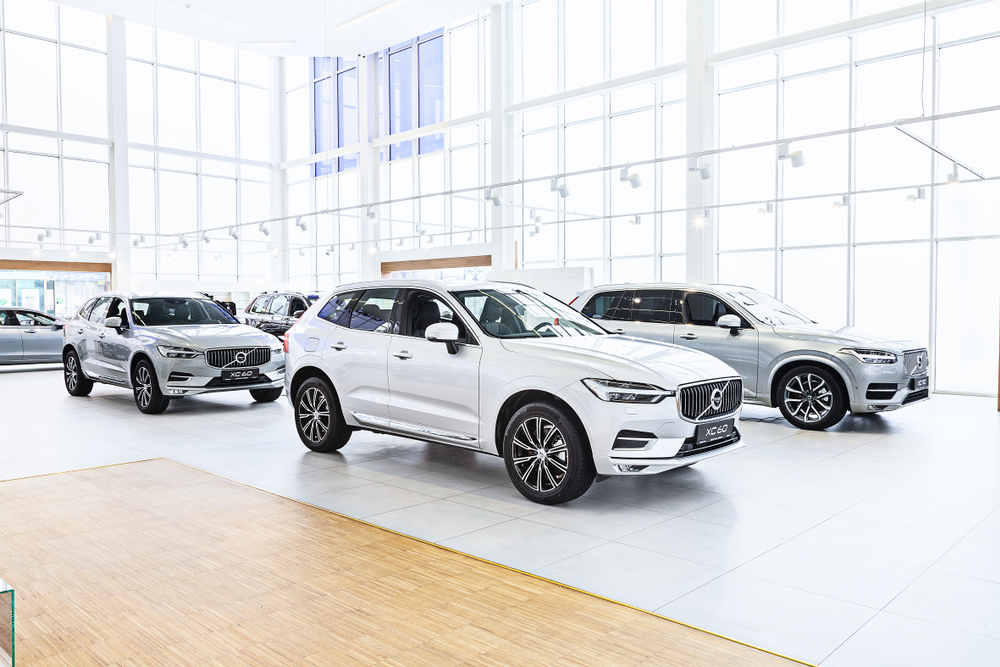
The existence of a robust second-hand market for gas-guzzlers ensures that these vehicles have a longer lifecycle. Automakers recognize this and continue to produce new models, knowing that demand in the used market will likely remain strong for several years.
Tax Incentives and Subsidies

In some jurisdictions, tax incentives or subsidies can make it more financially appealing for consumers to opt for trucks or larger vehicles. These economic policies can discourage consumers from transitioning to smaller, more fuel-efficient vehicles or EVs.
Cultural Factors
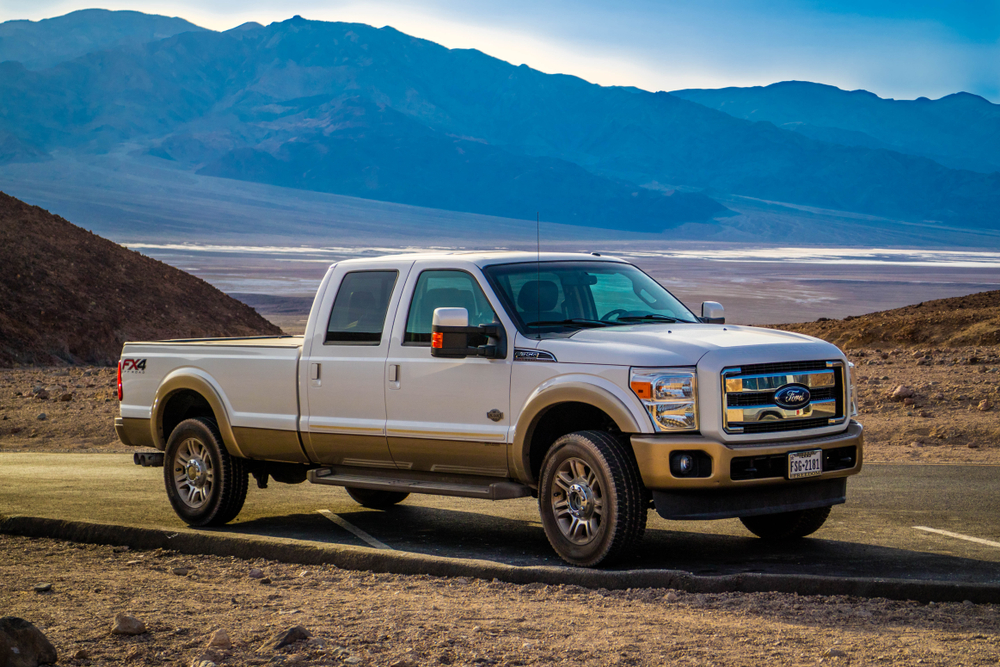
Finally, the prevalence of trucks and SUVs in certain cultures, such as “truck culture” in the United States, maintains a constant demand for these vehicles. Until societal attitudes shift more broadly towards prioritizing fuel efficiency and environmental considerations, automakers will continue to meet existing consumer preferences.
This article originally appeared on MyCarMakesNoise.
More from MyCarMakesNoise
25 Most Reliable German Sports Cars That Never Let You Down

When it comes to sports cars, Germany has a well-deserved reputation for engineering excellence and reliability. In this list, we’ve compiled 25 of the most reliable German sports cars that you can count on for thrilling performance without compromising on dependability. Read More
The 20 Most Iconic Trucks Throughout History

Trucks symbolize strength, endurance, and versatility, serving not just as transporters on city streets and mountain trails, but also carrying dreams and aspirations through generations. This article explores the significant milestones in truck history, highlighting the engineering and design that make these vehicles iconic. Read More
Exploring 20 Underrated Sports Cars

In the world of sports cars, popular brands often overshadow other incredible cars that deserve attention. These underrated sports cars, with their powerful engines and futuristic designs, showcase remarkable engineering. Get ready as we highlight these hidden gems that car enthusiasts should celebrate. Read More

